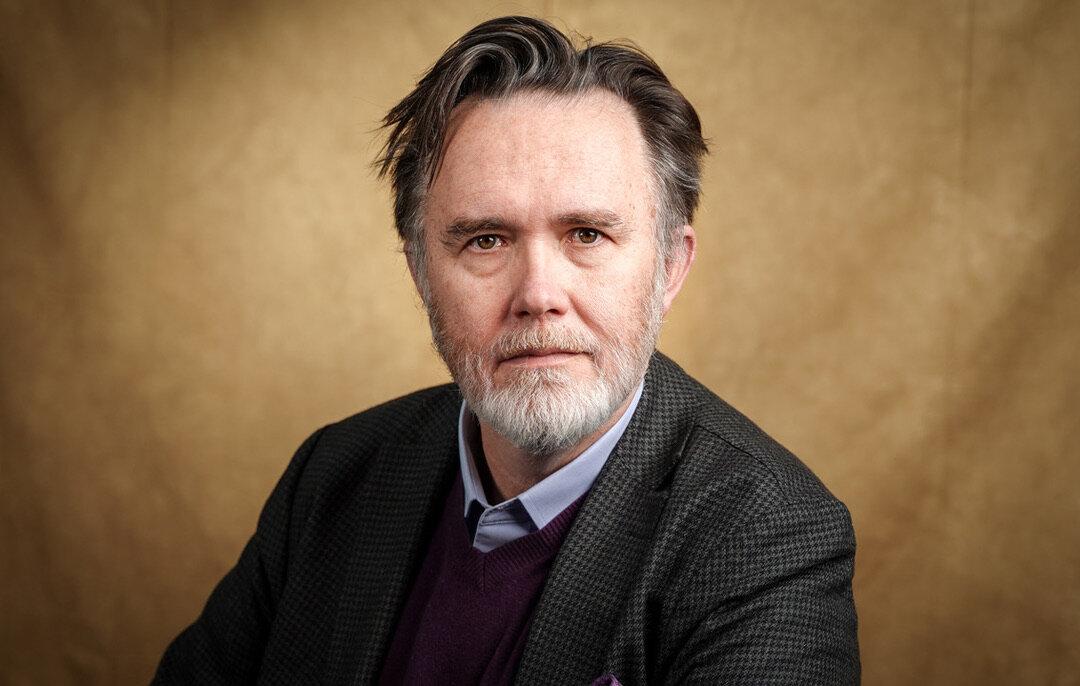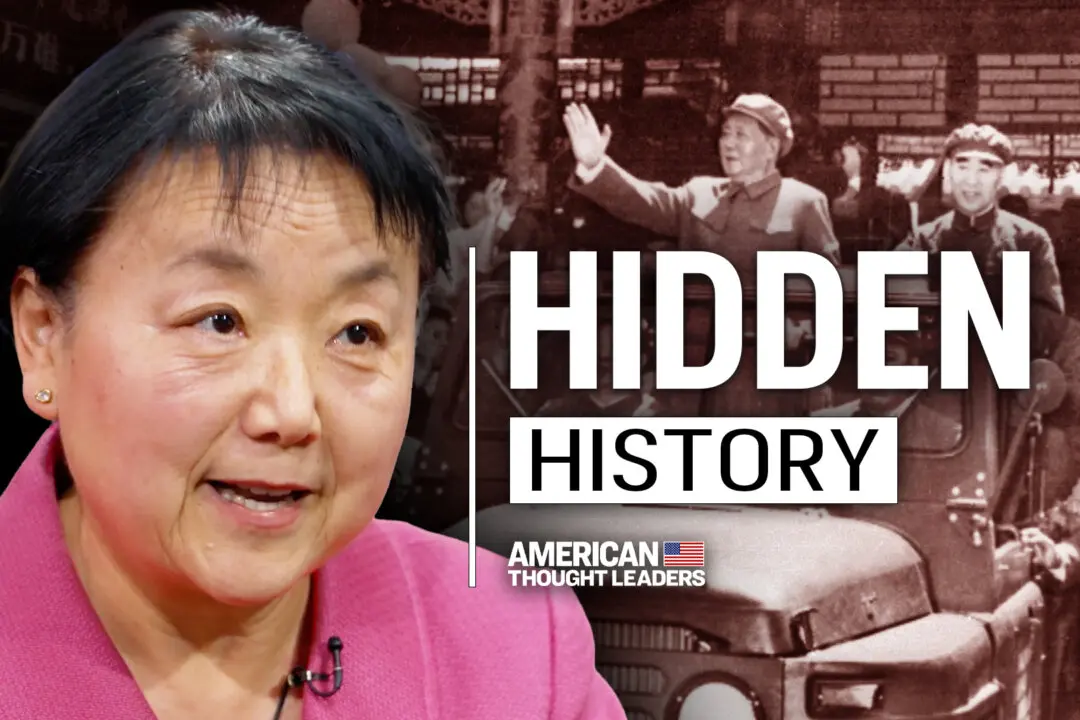“The key to resilience in the face of persecution is the willingness to suffer,” says Rod Dreher, “not just to bear it stoically, but to find a way to transform it and purify it into something good.”
In this episode of “American Thought Leaders,” host Jan Jekielek speaks about soft totalitarianism, “wokeness,” and ways to resist both with Rod Dreher, author of “Live Not By Lies: A Manual for Christian Dissidents.”






